Carvedilol Tablets, 28 Tablets
Carvedilol Tablet is available in 4 strengths:
3.125mg, 6.25mg, 12.5mg & 25mg
Carvedilol Tablet is available in 4 strengths:
- Carvedilol 3.125mg Tablets
- Carvedilol 6.25mg Tablets
- Carvedilol 12.5mg Tablets
- Carvedilol 25mg Tablets
£4.50 – £5.50
CompareCompare- Carvedilol 3.125mg Tablets
- Carvedilol 6.25mg Tablets
- Carvedilol 12.5mg Tablets
- Carvedilol 25mg Tablets
- Description
- Additional Information
- Brand
- How To Use
- Product Details
- Side Effects
- Ingredients
- How to Store
- Patient Information leaflet
- Reviews (0)
- Questions & Answers
Carvedilol Tablets, 28 Tablets
Carvedilol Tablets are a medication belonging to the group of beta-blockers that work to improve your heart health by making it easier for your heart to pump blood throughout the body and reducing blood pressure. Through using Carvedilol Tablets, not only do you decrease strain and stress on your heart, but also benefit from better circulation, a higher quality of life, and reduced risk of certain diseases. With Carvedilol Tablets, you can find comfort in knowing that professional medical experts trust this effective medication in helping their patients reach and maintain optimal cardiac health. Don’t let questions regarding your health keep you up at night – call or visit your medical practitioner today to find out if Carvedilol Tablets are right for you!
Carvedilol is used: –
• for the treatment of high blood pressure (hypertension),
• for the treatment of chest pain that occurs when the arteries that supply your heart with blood carrying oxygen are narrowed which results in less oxygen reaching your heart muscles (angina),
• for the treatment of weakening of the heart muscle (heart failure), in combination with other medicines
Carvedilol is a reliable medication with an exceptional safety profile, proven effective when prescribed by veterinarians for cats and dogs.
Carvedilol Tablets Reviews
After using Carvedilol Tablets, it’s helpful to let others know about your experience. Reviews of an item help other users know that medicines received have helped the condition it is claimed for, how well the treatment worked or any issues to be aware of. We invite our users to leave a review of both their treatment and of the service provided. Click on the reviews tab to see if there has been feedback on this item.
What is the price of Carvedilol Tablets?
The price of Carvedilol Tablets starts from £4.50
Where can you buy Carvedilol Tablets?
You can buy Carvedilol Tablets at Dock Pharmacy Essex UK, UK Online Pharmacy.
Can you buy Carvedilol Tablets Over the counter?
Carvedilol Tablets is not available to buy over the counter. You need a prescription to buy Carvedilol Tablets
| Brand | |
|---|---|
| Strength | 3.125mg Tablets, 6.25mg Tablets, 12.5mg Tablets, 25mg Tablets |
Brand
Carvedilol
How To Use
How to take Carvedilol
Always take this medicine exactly as your doctor has told you.
Check with your doctor or pharmacist if you are not sure.
Carvedilol should be swallowed with a drink of water.
Product Details
What you need to know before you take Carvedilol
DO NOT TAKE Carvedilol: • if you are allergic to carvedilol or any of the other ingredients of this medicine (listed in section 6). • if you have a history of wheezing due to asthma or other lung diseases, • if you have been told you have very severe heart failure and you have fluid retention (swelling) which is being treated with injections of medicines into your veins (intravenously), • if you have liver disease, • if you have been told that you have a very slow heartbeat, • if you have very low blood pressure, • if you have been told you have a condition called Prinzmetal’s angina, • if you have phaeochromocytoma (a tumour of the adrenal gland causing high blood pressure) which is not being treated, • You ever had very serious skin reaction with blistering of the skin, mouth, eyes and genitals (toxic epidermal necrolysis (TEN) and Stevens-Johnson syndrome (SJS)) when taking carvedilol. • if you are suffering from serious disturbances in the body’s acidbase balance (metabolic acidosis), • if you have very poor blood circulation in the hands and feet resulting in coldness and pain in them, • if you have a particular conduction defect of the heart (called an AV heart block Grade II or III (unless a pacemaker is fitted) or a SA block), • if you are currently being treated with injections of verapamil or diltiazem (used in the treatment of high blood pressure or heart problems), If any of these apply to you, do not take Carvedilol. Warnings and precautions Talk to your doctor or pharmacist before taking Carvedilol: • have been told you suffer from any other heart problems, • have or have ever had any problems with your liver, kidneys or thyroid, • have diabetes. Carvedilol may hide your usual symptoms of low blood sugar, • have a skin condition known as psoriasis, • have poor circulation affecting hands, feet or lower legs, or Raynaud’s phenomenon, • have or have ever had a serious allergic reaction or you are undergoing allergic desensitisation therapy for any type of severe allergy, • wear contact lenses because carvedilol may cause the eyes to be drier than normal. Other medicines and Carvedilol Tell your doctor or pharmacist if you are taking, have recently taken or might take any other medicines. The administration of carvedilol: Please tell your doctor or pharmacist if you are taking or have recently taken any other medicines, including medicines obtained without a prescription or herbal medicines. Take particular care and tell your doctor or pharmacist, if you are taking any of the following medicines: • medicines used to treat an irregular heartbeat (e.g. diltiazem, verapamil or amiodarone), • nitrate medicines for angina (e.g. isosorbide mononitrate or glyceryl trinitrate), • medicines used to treat heart failure (e.g. Digoxin), • any other medicine used to treat high blood pressure (e.g. doxazosin, reserpine, amlodipine or indoramin), • medicines used to treat depression or other mental health conditions (e.g. fluoxetine, tricyclic antidepressants, barbiturates, phenothiazines, haloperidol or monoamine oxide inhibitors (MAOIs), • medicines used to prevent your body rejecting organs after transplant operations (e.g. ciclosporin), • medicines to reduce blood sugar such as oral antidiabetic medicines or insulin, • medicines used to reduce blood pressure or to treat migraine (e.g. clonidine or ergotamine), • certain painkilling agents such as non-steroidal antiinflammatory medicines (NSAIDs) (e.g. ibuprofen or diclofenac), • medicines used for hormone replacement therapy (e.g. estrogens), • corticosteroids used to suppress inflammatory or allergic reactions (e.g. prednisolone), • medicines used to treat bacterial infections (e.g. rifampicin or erythromycin), • medicines used to treat stomach ulcers, heartburn and acid reflux (e.g. cimetidine), • medicines used to treat fungal infections (e.g.. ketoconazole), • medicines sometimes used in decongestant cough and cold remedies (e.g. ephedrine or pseudoephedrine), If you need to have an anaesthetic for an operation, tell your hospital doctor you are taking Carvedilol. Carvedilol with food, drink and alcohol You should take Carvedilol with water. If you are taking Carvedilol to treat heart failure, you should take this medicine with water at your mealtime (see section 3 ‘How to take Carvedilol) Do not drink alcohol whilst taking Carvedilol as it might worsen the effects of alcohol. Pregnancy, breast-feeding and fertility If you are pregnant or breast-feeding, do not take this medicine until you have talked to your doctor. Consult your doctor immediately if you become pregnant while taking this medicine. If you are pregnant or breast-feeding, think you may be pregnant or are planning to have a baby, ask your doctor or pharmacist for advice before taking this medicine. Driving and using machines You may experience dizziness or tiredness whilst taking Carvedilol. This is more likely to occur when you first begin treatment, or when the dose is increased. If this occurs, you should not drive or operate machinery. You should avoid drinking alcohol, as it may make these symptoms worse. If you are concerned or want more information, you should talk to your doctor. Carvedilol contains lactose and sucrose (types of sugar). If you have been told by your doctor that you have an intolerance to some sugars, contact your doctor before taking this medicine.
Side Effects
Possible side effects
Like all medicines, this medicine can cause side effects, although not everybody gets them. The frequency of possible side effects is shown in the table below: The majority of side effects are dose-related and disappear when the dose is reduced or the treatment discontinued. Some side effects can occur at the beginning of treatment and resolve spontaneously as the treatment continues. Very common: may affect more than 1 in 10 people • Dizziness • Headache • Tiredness • Low blood pressure • Heart failure Common: may affect up to 1 in 10 people • Bronchitis, pneumonia, upper respiratory tract infection • Infections of the urinary tract • Low numbers of red blood cells • Increase in weight • Elevated cholesterol levels • Loss of control of blood sugar in people with diabetes • Depression, depressed mood • Visual disturbance • Reduced lacrimation, eye irritation • Slow heart rate • Oedema (swelling of the body or parts of the body), fluid overload, increased volume of blood in the body • Dizziness when standing up quickly • Problems with blood circulation (signs include cold hands and feet), hardening of the arteries (atherosclerosis) worsening of symptoms in patients with Raynaud’s disease (fingers or toes turn first bluish, then whitish, and then reddish together with pain) or claudication (pain in the legs which worsens when walking) • Hypertension • Asthma and breathing problems • Fluid accumulation in the lungs • Diarrhoea • Malaise, vomiting, stomach pains, indigestion • Pains (e.g. in the arms and legs) • Acute renal insufficiency and disturbances in renal function in patients with hardening of the arteries and/or impaired renal function • Difficulty in passing urine Uncommon: may affect up to 1 in 100 people • Sleep disturbance • Confusion • Fainting • Abnormal sensation • Disturbances in the heart’s conduction system, angina pectoris (including chest pain) • Certain skin reactions (e.g. allergic dermatitis, hives, itching and skin inflammation, increased sweating, psoriatic or lichen planus like skin lesions) • Hair loss • Impotence • Constipation Rare: may affect up to 1 in 1,000 people • Lowered blood platelet count (thrombocytopenia) • Mouth dryness (dryness of the mouth) • Stuffy nose Very rare: may affect up to 1 in 10,000 people • Low numbers of white blood cells • Allergic reactions • Changes in the liver function test • Involuntary leakage of urine in women (urinary incontinence). • skin rash, which may blister, and looks like small targets (central dark spots surrounded by a paler area, with a dark ring around the edge – erythema multiforme) • a widespread rash with blisters and peeling skin, particularly around the mouth, nose, eyes and genitals (Stevens-Johnson syndrome) • a more severe form, causing extensive peeling of the skin (more than 30% of the body surface – toxic epidermal necrolysis) Reporting of side effects If you get any side effects, talk to your doctor or pharmacist. This includes any possible side effects not listed in this leaflet. Also you can help to make sure that medicines remain as safe as possible by reporting any unwanted side effects via the internet at www.mhra.gov.uk/yellowcard. Alternatively you can call Freephone 0808 100 3352 (available from 10 a.m. to 2 p.m. Mondays to Fridays) or fill in a paper form available from your local pharmacy.
Ingredients
What Carvedilol contains
– The active substance is carvedilol. Each tablet contains 3.125 mg, 6.25 mg, 12.5 mg or 25 mg carvedilol. –
The other ingredients are: lactose monohydrate, silica colloidal anhydrous, crospovidone (Type A), crospovidone (Type B), povidone 30, sucrose, magnesium stearate Tablet coating: macrogol 400, polysorbate 80, titanium Dioxide (E 171), hypromellose
How to Store
How to store Carvedilol
Keep this medicine out of the sight and reach of children. Do not use this medicine after the expiry date which is stated on the label after EXP. The expiry date refers to the last day of that month. Do not store above 30º C. Do not throw awat any medicines via wastewater or household waste. Ask your pharmacist how to throw away medicines you no longer use. These measures will help protect the environment.
Patient Information leaflet
Click here for the Patient Information leaflet
Please read before using the product
Only logged in customers who have purchased this product may leave a review.
Questions and answers of the customers
There are no questions yet, be the first to ask something for this product.
You Might Also Like
Therapeutic indications
Hypertension
Chronic stable angina pectoris
Vasospastic (Prinzmetal’s) angina
£3.50
- Availability: in stock
Other Products From This Seller
Steglatro Tablets – Ertugliflozin Tablets available in 2 strengths:
- Steglatro 5mg Tablets – Ertugliflozin 5mg Tablets
- Steglatro 15mg Tablets – Ertugliflozin 15mg Tablets
£49.50
- Availability: in stock
Original price was: £43.20.£39.50Current price is: £39.50.
Ursodeoxycholic Acid Tablets 250mg – Cholurso Tablets, 60 Tablets Introducing Cholurso Tablets the brand name of Ursodeoxycholic Acid Tablets 250mg – Your Solution for Gallstone Management and Liver Health Ursodeoxycholic Acid 250mg Tablets is a cutting-edge pharmaceutical formulation designed to positively influence bile composition, making it a versatile solution for various health concerns. Ursodeoxycholic Acid, […]
Learn MoreOriginal price was: £43.20.£39.50Current price is: £39.50.
- Availability: in stock
£156.00 – £210.00
Please note you need insulin pen needles to use Mounjaro Injection
Mounjaro Injection – Tirzepatide Injection, 4 Pre-filled Pens
Available in 6 strengths:
- Mounjaro 2.5mg Injection
- Mounjaro 5mg Injection
- Mounjaro 7.5mg Injection
- Mounjaro 10mg Injection
- Mounjaro 12.5mg Injection
- Mounjaro 15mg Injection
Learn More
£156.00 – £210.00
- Availability: in stock
Timoptol LA Gel – Timolol Eye Gel is available in 2 strengths
- Timoptol LA 0.5% Gel
- Timoptol LA 0.25% Gel
£7.50
- Availability: in stock
Original price was: £43.50.£39.75Current price is: £39.75.
One-Alpha Drops 2mcg/1ml – Alfacalcidol Drops 2mcg/1ml
Learn MoreOriginal price was: £43.50.£39.75Current price is: £39.75.
- Availability: in stock
Original price was: £5.99.£5.39Current price is: £5.39.
Ideal for irrigating and cleansing the eye, or a wound
Learn MoreOriginal price was: £5.99.£5.39Current price is: £5.39.
- Availability: in stock
Ultimate Surefit Erection Ring Set 15222 – Constrictor Rings For Erectile Dysfunction Experience Confidence and Pleasure with the Ultimate Surefit maintenance ring set – Your Key to Intimate Well-being Introducing the Ultimate Surefit Erection Ring, a premium solution meticulously designed for those seeking to overcome the challenges of erectile dysfunction. Crafted with precision and comfort […]
Learn More£58.50
- Availability: in stock
Original price was: £62.50.£56.49Current price is: £56.49.
SureEase Erection Rings 15085 – Constrictor Rings For Erectile Dysfunction Revitalize Your Intimate Moments with SureEase Erection Rings – Precision for Confidence and Pleasure SureEase Erection Rings are the discreet yet powerful solution designed to rekindle confidence and elevate pleasure for individuals facing challenges with erectile dysfunction. Crafted with precision, these constrictor rings provide targeted […]
Learn MoreOriginal price was: £62.50.£56.49Current price is: £56.49.
- Availability: in stock
£279.00 – £289.00
SomaErect Response II is available in 2 models:
- SomaErect Response II 15019
- SomaErect Response II XL 15888
£279.00 – £289.00
- Availability: in stock
Original price was: £331.50.£289.90Current price is: £289.90.
SomaErect Touch II 15013 – Vacuum Pump Erection Device Introducing SomaErect Touch II 15013 – Redefining Intimacy with Advanced Vacuum Pump Technology The SomaErect Touch II 15013 is an innovative vacuum pump erection device, meticulously engineered to provide a discreet, effective, and user-friendly solution for individuals dealing with erectile dysfunction. Embrace confidence and intimacy with […]
Learn MoreOriginal price was: £331.50.£289.90Current price is: £289.90.
- Availability: in stock



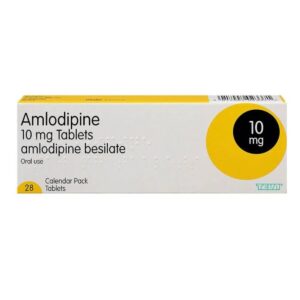




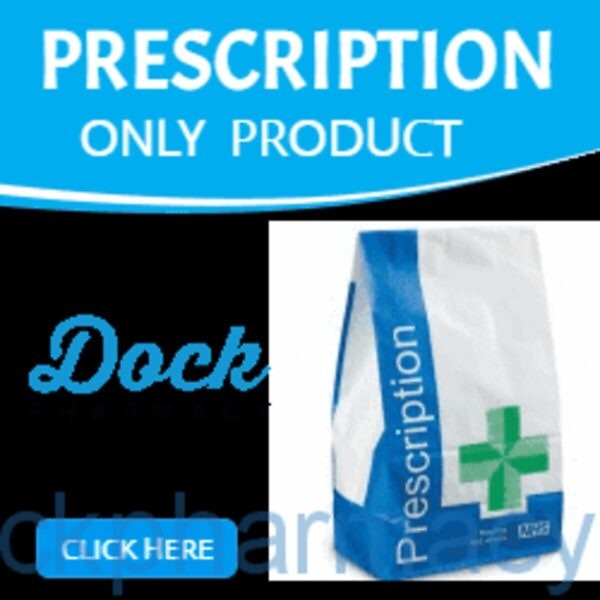
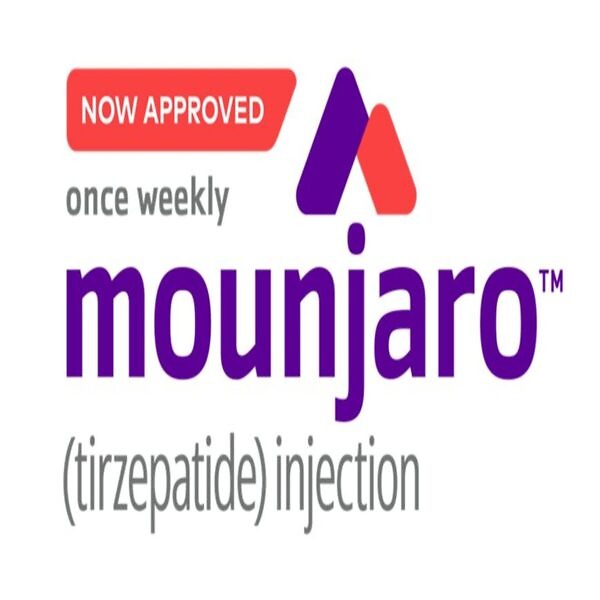
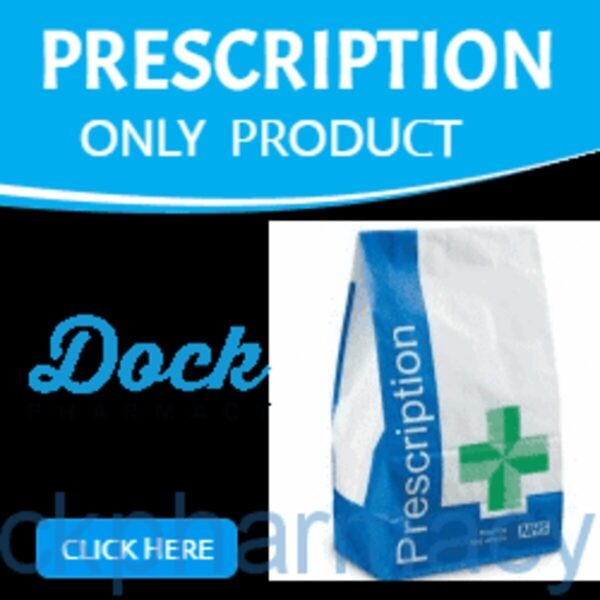
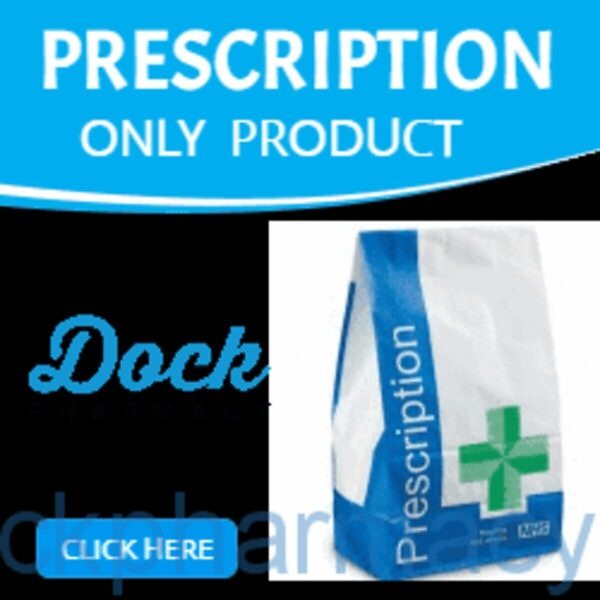
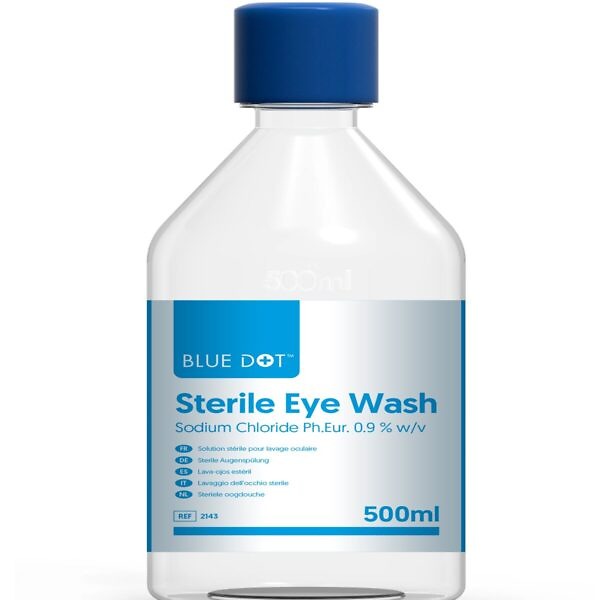
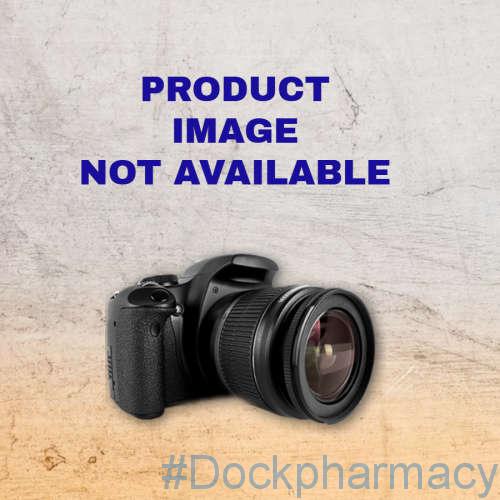
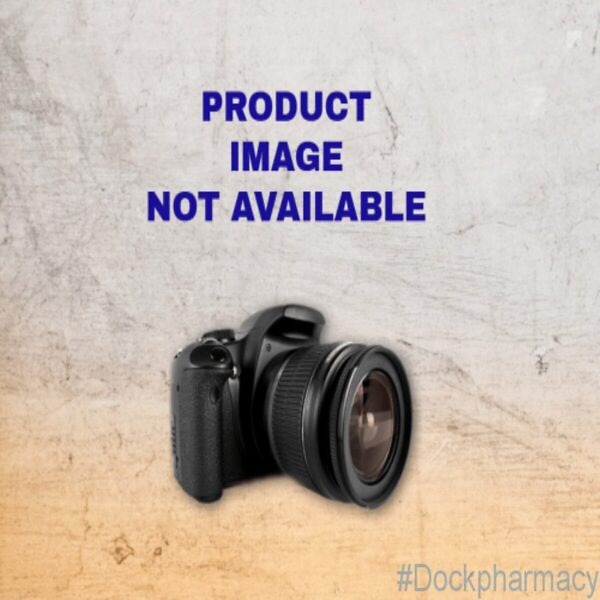
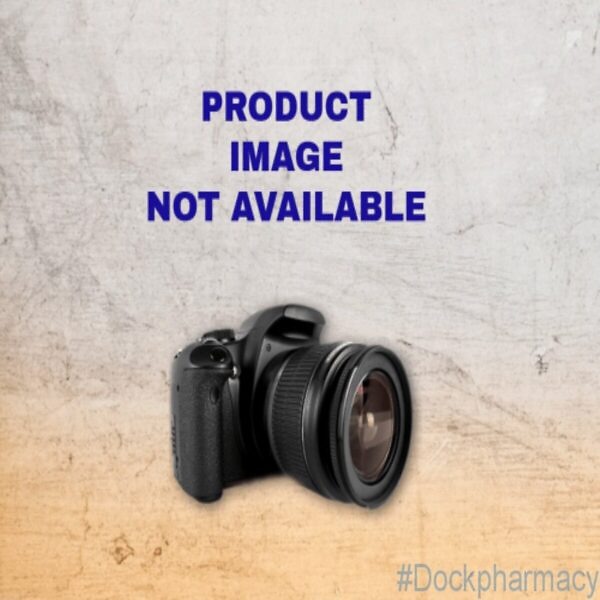
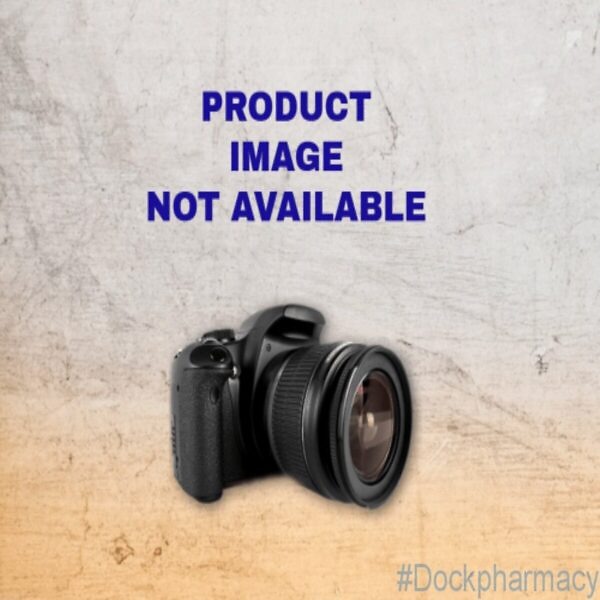
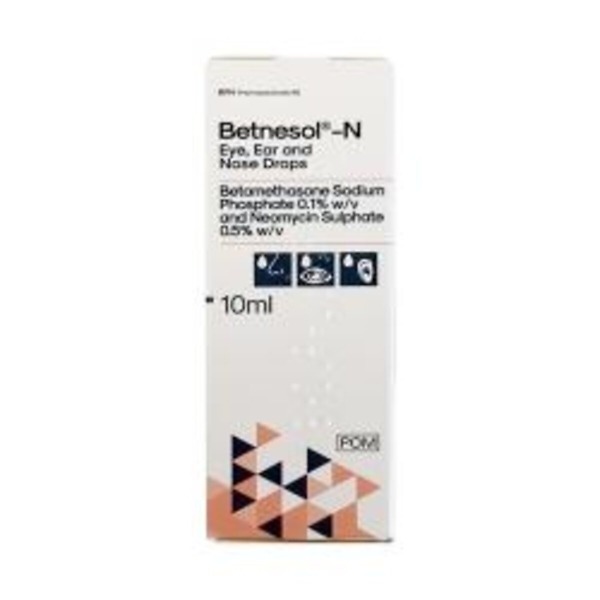
Reviews
There are no reviews yet.